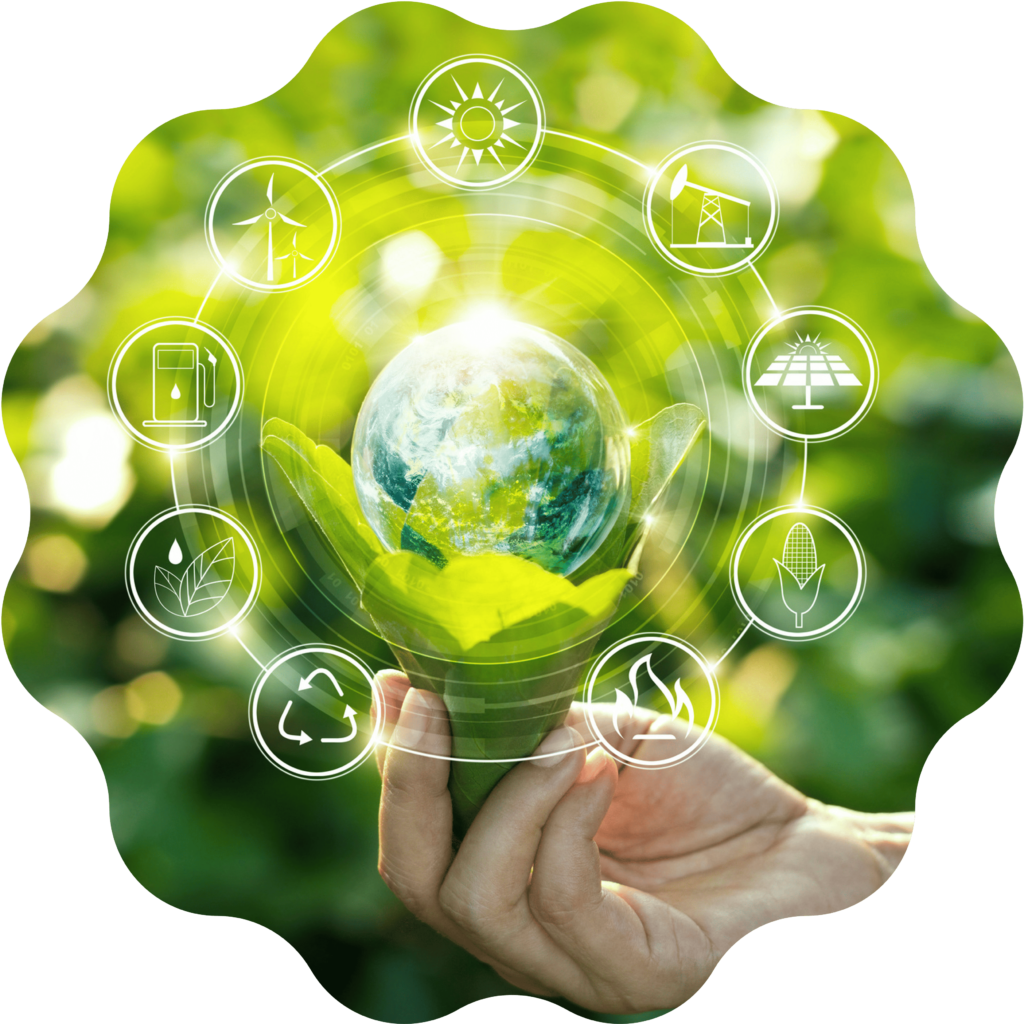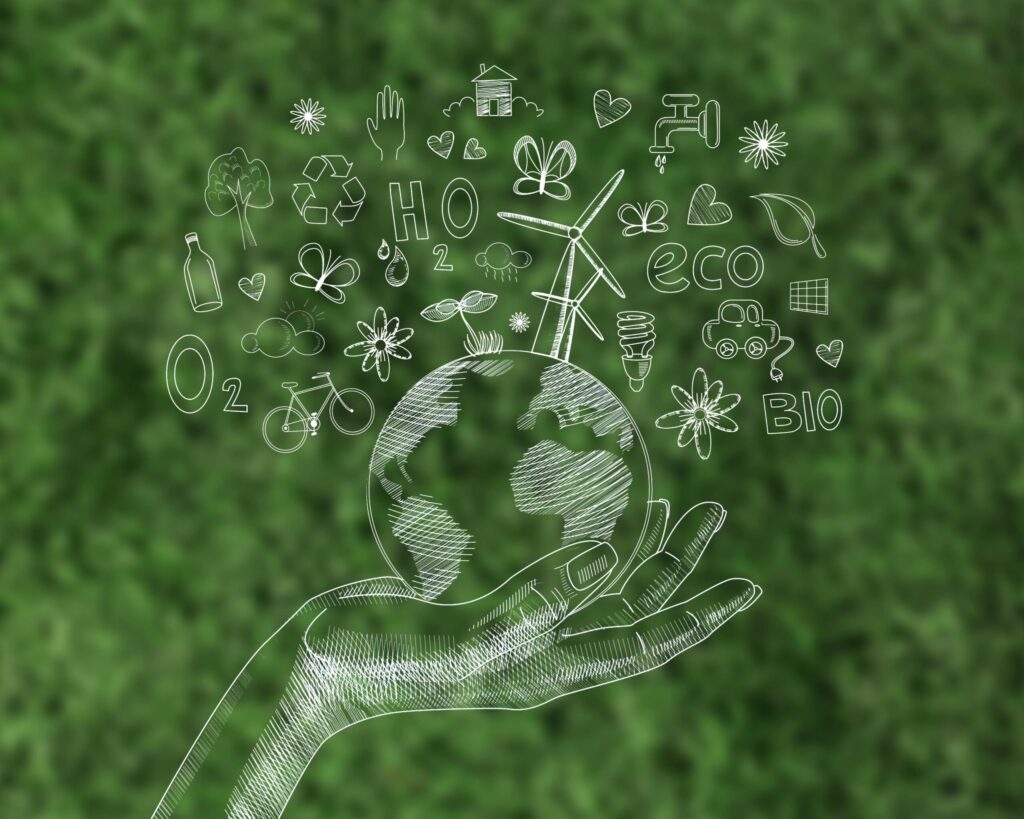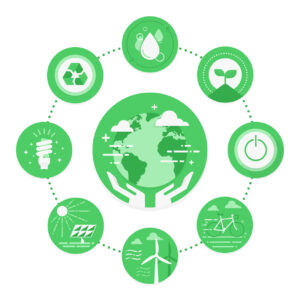IRECs Consultancy
Advait offers end-to-end IREC Trading
A REC (Renewable Energy Certificate) is a type of Energy Attribute Certificate (EAC) that represents the environmental attributes of the generation of a one-megawatt hour (MWh) of energy produced by renewable sources.
Using EACs, end-users around the world can make reliable claims about their energy usage such as: “My factory runs on 100% renewable energy”, “Our products are made with 100% wind energy” and “Our global electricity usage causes zero end-of-pipe emissions.”
It is a Tradable and market-based instrument in the International market. IREC works as an alternative for Buyers who are unable to procure Renewable Power. The Use of IREC is accepted by all the major Greenhouse Gas Protocols.








